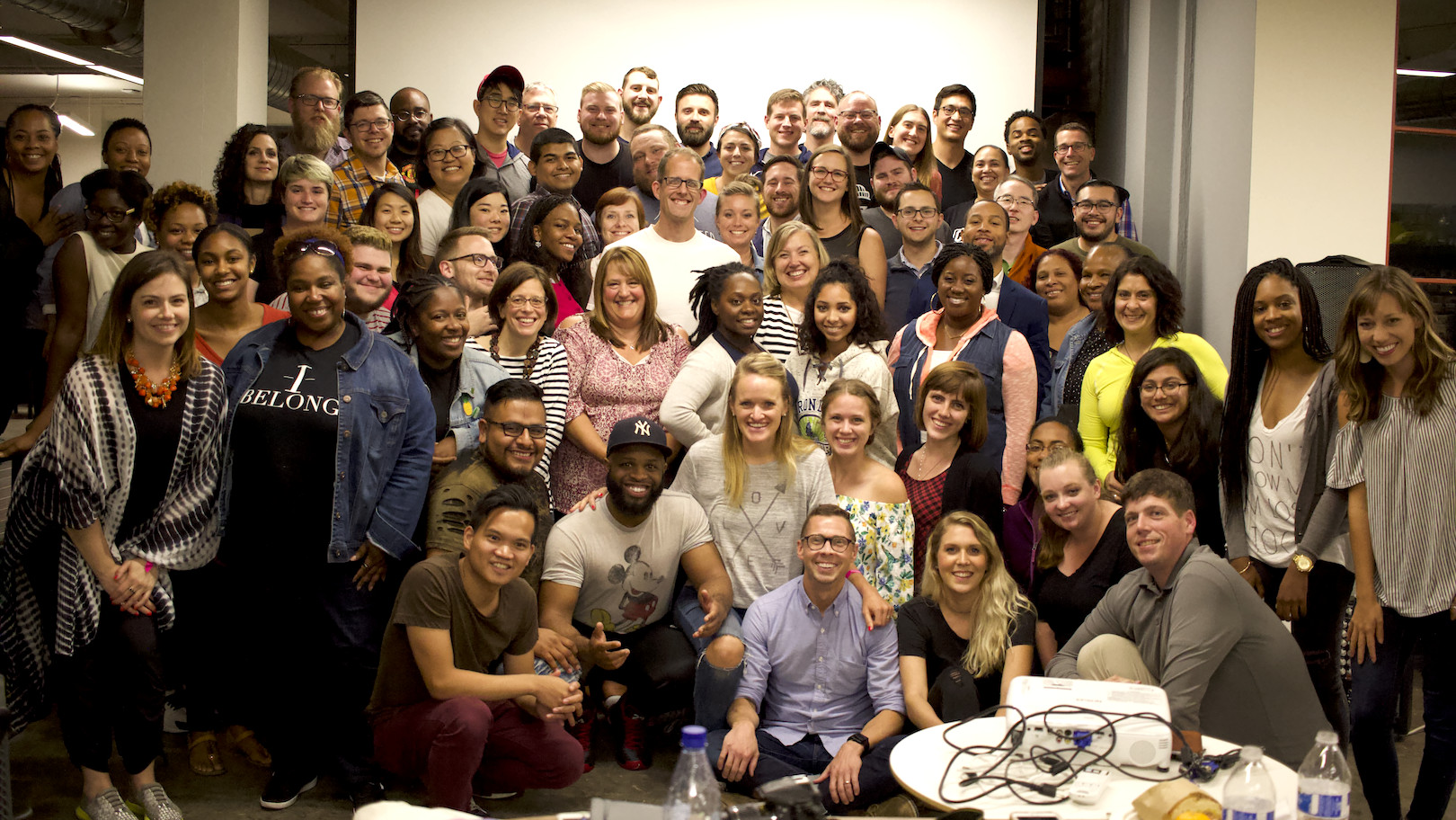
The Zoe Project
November 1, 2016
Overview
In 2017, the Lilly Endowment launched its Young Adult Innovation Hub Initiative. Princeton Theological Seminary proposed a project to empower congregations to build relationships with young adults and nurture their religious lives — especially by learning from and supporting young adults in various “domains” where they find meaning, purpose, and belonging in their communities outside of churches, and by ferreting out the implicit theological issues that undergird young adults’ involvement in these domains. The Zoe Project gathers 12 congregations into a community of practice to explore, experiment with, and share their experiences as each church launches its own Zoe Project to build relationships with young adults and support young adults’ religious lives through one particular domain in their community.
This project, under the leadership of Professor Kenda Dean, is nearing its conclusion. Princeton Seminary was one of 12 institutions chosen to receive funding. Prof. Dean selected twelve congregations of differing denomination and size as subjects/participants. Each received subgrants to develop and carry out a project designed by young adults.
Today’s young adults find it difficult to see the church and faith as relevant in their lives. The project sought to draw them together in the development of “domains” of interest in common undertakings in the communities. Examples of domains include a bread bakery in an abandoned church, Sunday brunches with entrepreneurial training, eating clubs, and peacebuilding groups. To help them imagine new things by seeing examples of young adult groups supported by congregations, the Zoe Project began with a trip to California for the participants.
In the four and a half years of project activity, lessons learned are many, as well as discoveries about how to address them. Among the difficulties that arose are these:
- Congregations find it difficult both to commit money and to start something new;
- Innovation is challenging in a traditional church with its culture well established;
- The risk of failure is definitely a source of fear;
- Because young adults are transient, there must be willingness to plant seeds that others will harvest;
- Volunteers to support the project need to be motivated by a sense of connection;
- The chance of success is greatly strengthened under a strong, stable pastoral leader with a commitment to young adults.
As the grant nears closure, there is a desire to continue this work; however, the search is still underway for the next big trend in young adult ministry. The project was never about the “domains” that were being formed but instead, about drawing young people together who shared a common interest so that they could search together for meaning, purpose, and belonging, aided by and recognizing the support of a Christian congregation. If a domain fails, try a different one …and a different one after that!
Participants have included 12 congregations: five in New Jersey, two in New York, and five in Pennsylvania. The congregations were from seven denominations: Baptist (two), Episcopal (one), Lutheran (one), Mennonite (one), Methodist – several partnering together, Presbyterian (five), Redemption Church (one).
Findings
“Research Results: A Visual Executive Summary”
“Looking Back: Hopes & Learnings”
Impact
The Zoe Project also included active learning experiments that built on what we were learning about young adults and faith communities. From a a cross-country expedition to discover how young adults make meaning and community outside of churches, to a farm-based “summer camp” for young adults at vocational crossroads–to everything in between—The Zoe Project amassed story after story of “trial and error” as churches and young adults found their way to one another.
As one young adult put it at the end of their project: “We finally realized, after three years of trial and error with our Zoe Project, that our project was never the point. The trial and error was the point. Trying stuff was the point. That was our Zoe Project: permission to try things, fail, and try again. So that’s what we’re going to keep doing.”
Young adult, Toms River United Methodist Church





